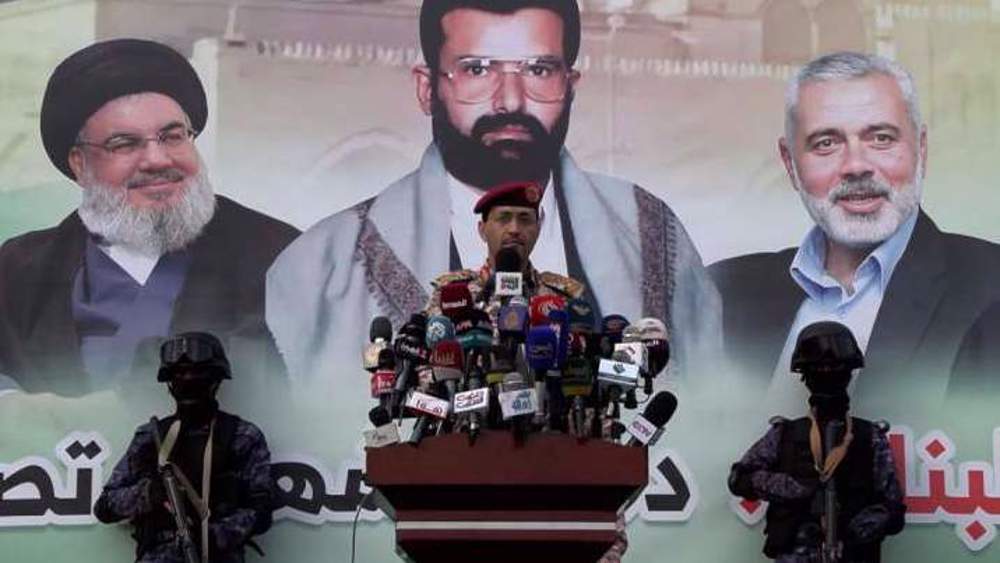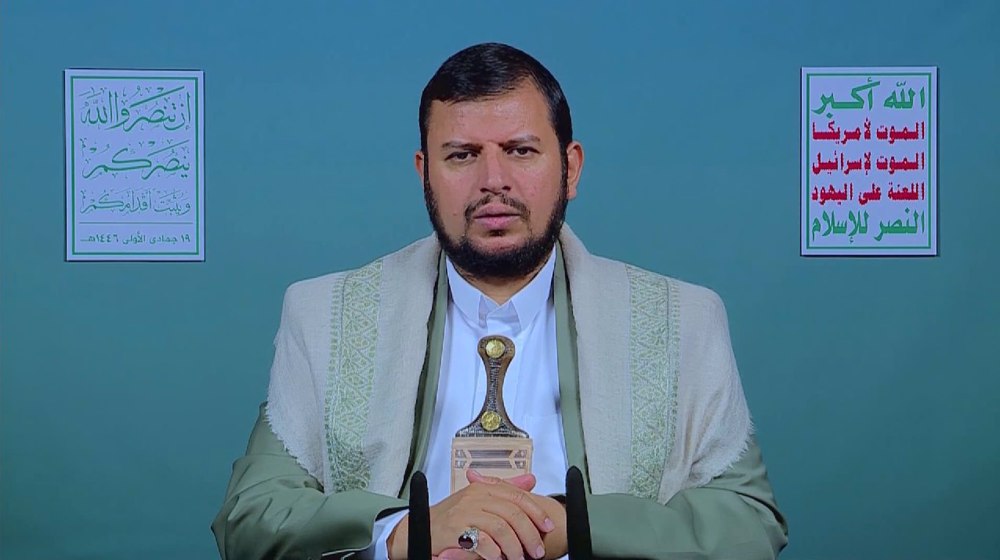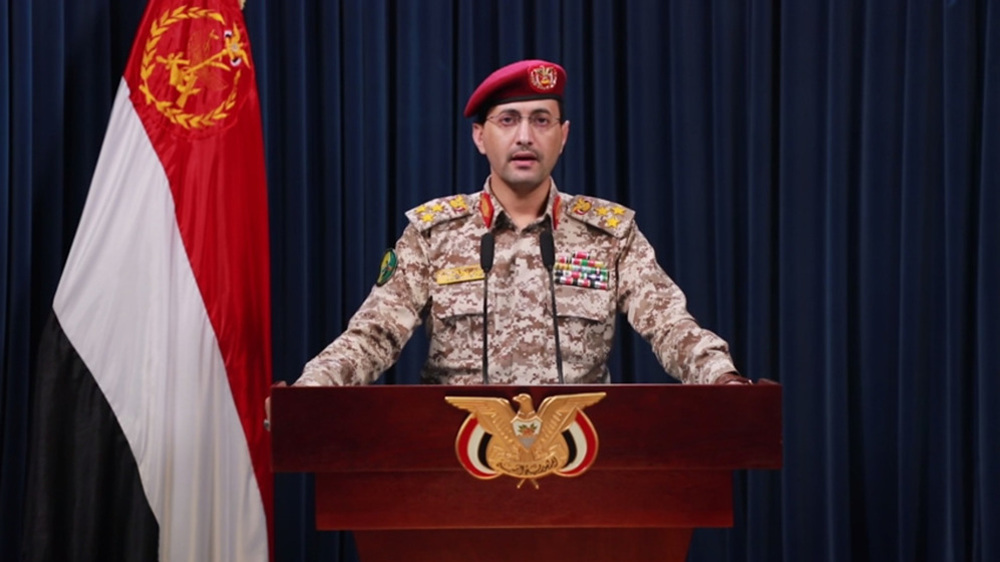Yemen hospitals running out of cancer drugs: Press TV
Healthcare centers across Yemen are running out of necessary medical items for cancer patients due to Saudi Arabia’s direct bombardment of medical facilities and its crippling blockade that has prevented the flow of medical supplies to Yemeni hospitals, Press TV reports.
The head of Hudaydah’s cancer therapy center, Yassir Abdullah Nour, told Press TV that over 50 cancer medical items had become unavailable across the country, while importing them was highly challenging due to Saudi Arabia’s ongoing war and its crippling blockade against Yemen.
“Our cancer therapy center receives patients from three provinces, including Hudaydah. We have already registered 5,070 cancer patients. The figure continues to rise, while the center continues to run out of medicine,” Nour said.
“Since the beginning of the war, our healthcare service has been severely impacted. But we are trying to do our best to save people’s lives,” he noted.
Monthly treatment for each cancer patient costs $3,000, while many patients who can afford the expenses are not even sure if they can receive the next dose of their medicine a week later as cancer therapy centers are running out of necessary supplies.
“Most of our treatment depends on donations, but because of the ongoing war and the inability of the center to receive medical aid from international organizations due to the blockade, many life-saving drugs have become scarce in our country,” Ahmed Mohamed, a cancer patient, said.

The UN humanitarian coordinator for Yemen on January 24 announced his resignation over “frustration because we have not been able to do more for the people in this country." Jamie McGoldrick’s resignation came two days after Ismail Ould Cheikh Ahmed, the UN envoy for the war-torn country, said he would step down.
Read more:
Multiple rounds of UN-brokered peace talks between Yemen’s conflicting sides have collapsed amid the Saudi-led coalition’s aerial and ground attacks as well as Riyadh’s support for the militants loyal to the former government operating on the ground against Houthi fighters and allied forces.
Last month, the UN called for what it referred to as a record $2.96 billion aid for war-ravaged Yemen, where Saudi airstrikes, looming famine, and a cholera epidemic have claimed the lives of thousands of people.
According to the World Health Organization’s latest count, the cholera outbreak caused by the Saudi-led war has killed 2,167 people since the end of April 2017 and is suspected to have infected more than one million people.
The UN has described the situation in Yemen as the “world’s worst humanitarian crisis.”
More than 13,600 people have been killed since the onset of the Saudi-led war on Yemen in 2015. Much of the Arabian Peninsula country’s infrastructure, including hospitals, schools, and factories, has been reduced to rubble in military strikes.
VIDEO | Press TV's news headlines
VIDEO | US-Israeli genocide: Will Gazans see ceasefire deal achieved?
VIDEO | Grief strikes Parachinar: 44 lives lost in terror attack
VIDEO | Yemen’s armed forces target Israeli airbase amid nationwide pro-Palestinian rallies
Putin vows more test of new hypersonic missile
VIDEO | Jordanians continue rallies to denounce Israeli genocide in Gaza, Lebanon
6 Israeli soldiers commit suicide: Reports
Diplomat discourages recourse to pressure, intimidation, confrontation against Iran












 This makes it easy to access the Press TV website
This makes it easy to access the Press TV website